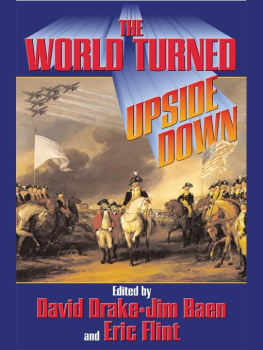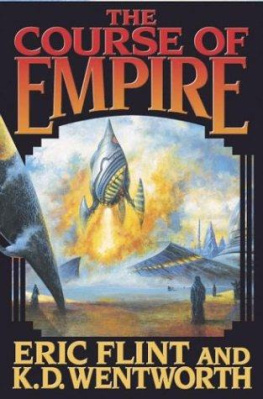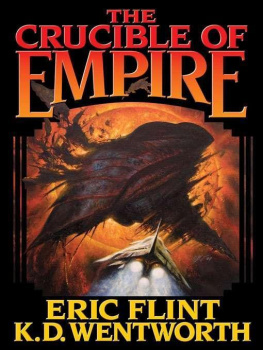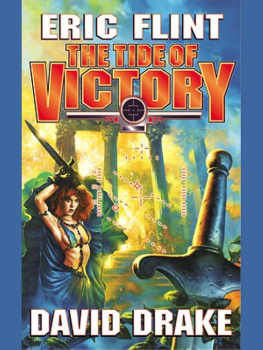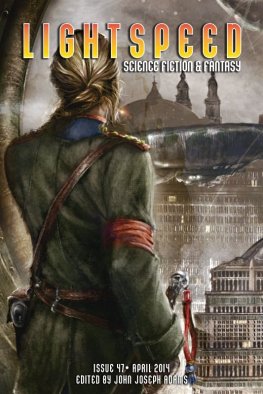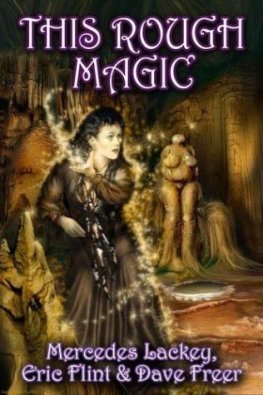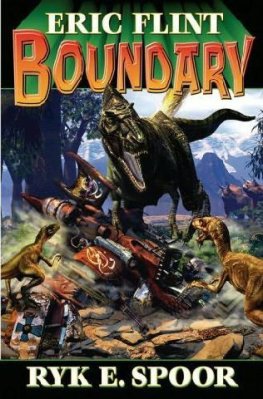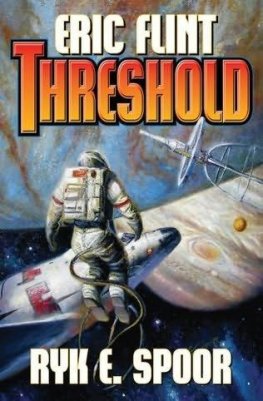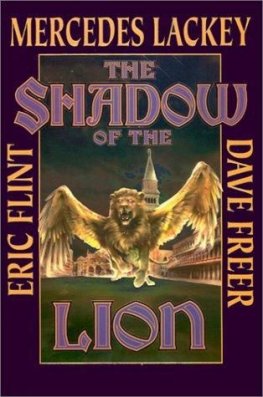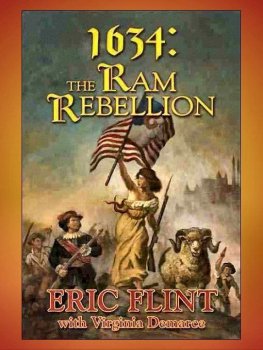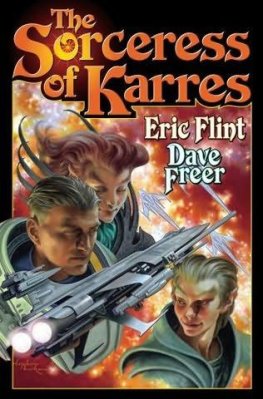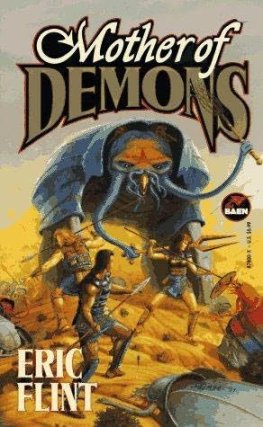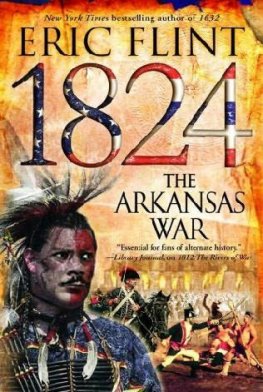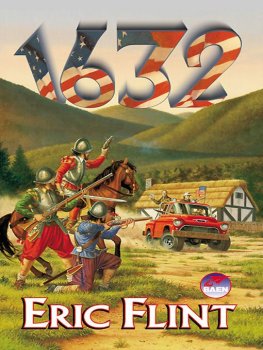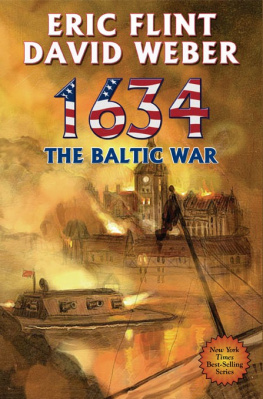Eric Flint - The World Turned Upside Down
Here you can read online Eric Flint - The World Turned Upside Down full text of the book (entire story) in english for free. Download pdf and epub, get meaning, cover and reviews about this ebook. year: 2006, publisher: Baen, genre: Detective and thriller. Description of the work, (preface) as well as reviews are available. Best literature library LitArk.com created for fans of good reading and offers a wide selection of genres:
Romance novel
Science fiction
Adventure
Detective
Science
History
Home and family
Prose
Art
Politics
Computer
Non-fiction
Religion
Business
Children
Humor
Choose a favorite category and find really read worthwhile books. Enjoy immersion in the world of imagination, feel the emotions of the characters or learn something new for yourself, make an fascinating discovery.
- Book:The World Turned Upside Down
- Author:
- Publisher:Baen
- Genre:
- Year:2006
- Rating:3 / 5
- Favourites:Add to favourites
- Your mark:
- 60
- 1
- 2
- 3
- 4
- 5
The World Turned Upside Down: summary, description and annotation
We offer to read an annotation, description, summary or preface (depends on what the author of the book "The World Turned Upside Down" wrote himself). If you haven't found the necessary information about the book — write in the comments, we will try to find it.
The World Turned Upside Down — read online for free the complete book (whole text) full work
Below is the text of the book, divided by pages. System saving the place of the last page read, allows you to conveniently read the book "The World Turned Upside Down" online for free, without having to search again every time where you left off. Put a bookmark, and you can go to the page where you finished reading at any time.
Font size:
Interval:
Bookmark:
David Drake
Eric Flint
Jim Baen
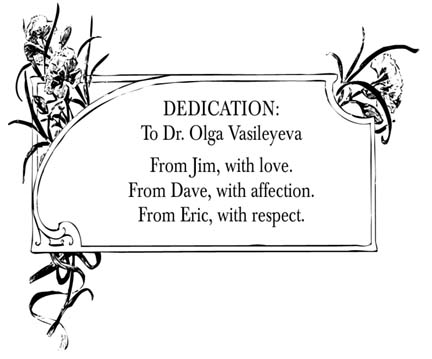
This anthology started in the course of a conversation I had with Jim Baen regarding possible future prospects for reissuing old science fiction authors. In the course of advancing this or that idea, Jim interrupted me and said what he'd like to see immediately would be for Dave Drake and myself to select those stories which had the most impact on us as teenagers and got us interested in science fiction in the first place. "Call it The World Turned Upside Down," he said.
I liked the idea, and so did Dave when Jim and I raised it with him. The one change Dave proposed, however, was that Jim serve as one of the editors of the volume, not simply as the publisher. That seemed eminently rational, given that by then Jim had already advanced half a dozen stories he wanted included in it because of the effect they'd had on him as a teenager.
So. This does not purport to be an anthology that contains "the best stories of science fiction"although all of us think this volume contains a superb collection of stories. But that was not the fundamental criterion by which we made our selection. The stories were selected because of the impact they had on us several decades ago, as we were growing up in the '50s and '60s.
Some authors are missing, unfortunately. In some casesAndre Norton being the major example, herebecause the stories the author wrote which had such an effect on us were novels, and there just wasn't room in such an anthology for novel-length works. In other cases, because we were unable to obtain the rights for the stories we wanted from the agencies representing some of the estates.
We got most of what we wanted, though. And... here it is.
The World Turned Upside Down.
Eric Flint
March 2004
Preface by Eric Flint
When we decided to put together this anthology, one of the authors I knew I wanted to include it in was James H. Schmitz. He was perhaps not quite as important to me as Heinlein and Clarke and Andre Norton, who formed the triad around which I assembled all other science fiction writers in my mind as a teenager. But awfully close.
Why? It's hard to say. (Well... more precisely, it's hard to say briefly.)
Part of it may be that I've always had a soft spot for hard luck cases. Schmitz had one of those reputations which was very high at the time, but not quite high enough to guarantee him the more or less perpetual status that Heinlein and Clarke have enjoyed. (Although I'm hoping the reissue of his complete works which I recently edited for Baen Books will turn that around. We'll see.)
Schmitz was a quirky writer, in some ways, as is exemplified by his insistence on using mainly female characters in an era when females appeared rarely enough as the central figures in SF storiesand almost never, except in Schmitz's own stories, as the heroines of action stories. But a lot of his "hard luck" was just thatbad luck.
When it came to the major science fiction awards, for instance, Schmitz always seemed to have the misfortune to get nominated for the finals in the same year that the competition was ferocious.
This story, "Goblin Night," was nominated for the Nebula best novelette award in 1967along with another story by Schmitz, "Planet of Forgetting." They both lost to Roger Zelazny's "The Doors of His Face, the Lamps of His Mouth."
That very same year, he had a third story in the running for the Nebula"Balanced Ecology," in the short story category. It lost to Harlan Ellison's "'Repent, Harlequin!' Said the Ticktockman."
It gets better. Schmitz actually had four stories in the running for the Nebula that year. "Research Alpha," co-authored with A.E. Van Vogt, was up for the novella. It lost to Zelazny's "He Who Shapes."
Four stories nominated for three different categories in the Nebula award in one year. That's got to be some kind of record, or close to it. And still... nothing.
"Lion Loose" was a Hugo finalist for best short fiction in 1962during the stretch of a few years when the Hugo didn't separate "short fiction" into specific categories. It lost to Brian Aldiss' collection, The Long Afternoon of Earth. A few years earlier or a few years later, it might very well have won the award for best novella.
Just to top it all off, his best known novel, The Witches of Karres, made it to the short final list of the Hugo nominees for best novel in 1967. And... so did Robert Heinlein's The Moon Is a Harsh Mistress.
So it goes. In the long run, these things rarely matter very much. And for the purposes of this anthology, they didn't matter at all. Over forty years have gone by since I first began reading James H. Schmitz, and I've never grown tired of him. For me as for anyone willing to be honest about it, that's the only definition of "good writing" that counts.
There was a quivering of psi force. Then a sudden, vivid sense of running and hiding, in horrible fear of a pursuer from whom there was no escape
Telzey's breath caught in her throat. A psi screen had flicked into instant existence about her mind, blocking out incoming impulses. The mental picture, the feeling of pursuit, already was gone, had touched her only a moment; but she stayed motionless seconds longer, eyes shut, pulses hammering out a roll of primitive alarms. She'd been dozing uneasily for the past hour, aware in a vague way of the mind-traces of a multitude of wildlife activities in the miles of parkland around. And perhaps she'd simply fallen asleep, begun to dream....
Perhaps, she thoughtbut it wasn't very likely. She hadn't been relaxed enough to be touching the fringes of sleep and dream-stuff. The probability was that, for an instant, she'd picked up the reflection of a real event, that somebody not very far from here had encountered death in some grisly form at that moment.
She hesitated, then thinned the blocking screen to let her awareness spread again through the area, simultaneously extended a quick, probing thread of thought with a memory-replica of the pattern she'd caught. If it touched the mind that had produced the pattern originally, it might bring a momentary flash of echoing details and further information.... assuming the mind was still alive, still capable of responding.
She didn't really believe it would still be alive. The impression she'd had in that instant was that death was only seconds away.
The general murmur of mind-noise began to grow up about her again, a varying pulse of life and psi energies, diminishing gradually with distance, arising from her companions, from animals on plain and mountain, with an undernote of the dimmer emanations of plants. But no suggestion came now of the vividly disturbing sensations of a moment ago.
Telzey opened her eyes, glanced around at the others sitting about the campfire in the mouth of Cil Chasm. There were eleven of them, a group of third and fourth year students of Pehanron College who had decided to spend the fall holidays in Melna Park. The oldest was twenty-two; she herself was the youngestTelzey Amberdon, age fifteen. There was also a huge white dog named Chomir, not in view at the moment, the property of one of her friends who had preferred to go on a spacecruise with a very special date over the holidays. Chomir would have been a little in the way in an IP cruiser, so Telzey had brought him along to the park instead.
In the early part of the evening, they had built their fire where the great Cil canyon opened on the rolling plain below. The canyon walls rose to either side of the camp, smothered with evergreen growth; and the Cil River, a quick, nervous stream, spilled over a series of rocky ledges a hundred feet away. The boys had set up a translucent green tent canopy, and sleeping bags were arranged beneath it. But Gikkes and two of the other girls already had announced that when they got ready to sleep, they were going to take up one of the aircars and settle down in it for the night a good thirty feet above the ground.
Font size:
Interval:
Bookmark:
Similar books «The World Turned Upside Down»
Look at similar books to The World Turned Upside Down. We have selected literature similar in name and meaning in the hope of providing readers with more options to find new, interesting, not yet read works.
Discussion, reviews of the book The World Turned Upside Down and just readers' own opinions. Leave your comments, write what you think about the work, its meaning or the main characters. Specify what exactly you liked and what you didn't like, and why you think so.

